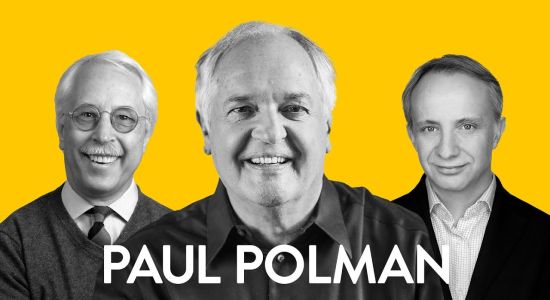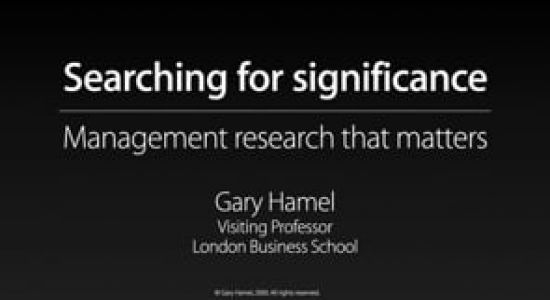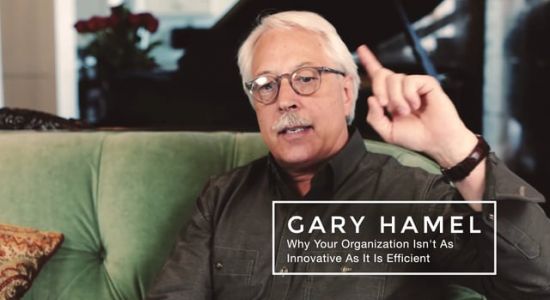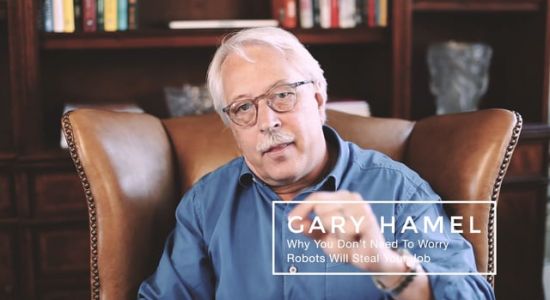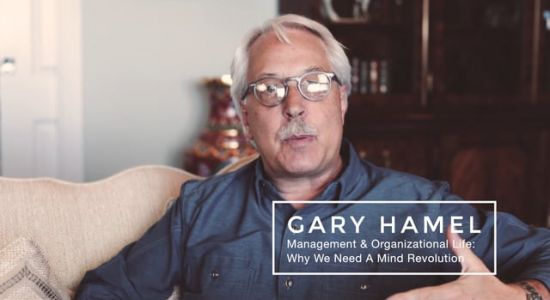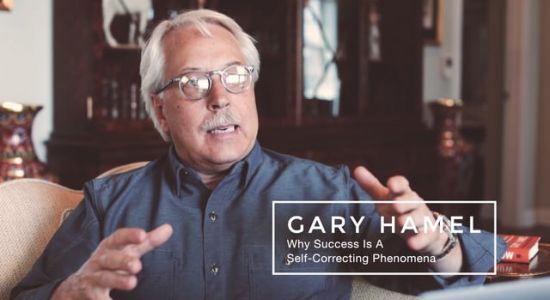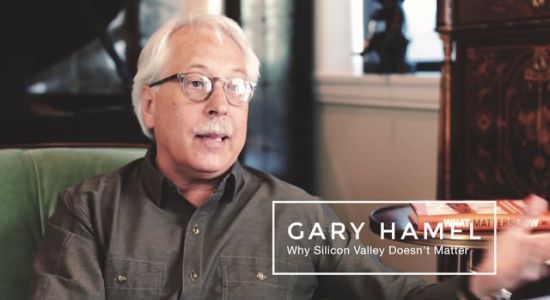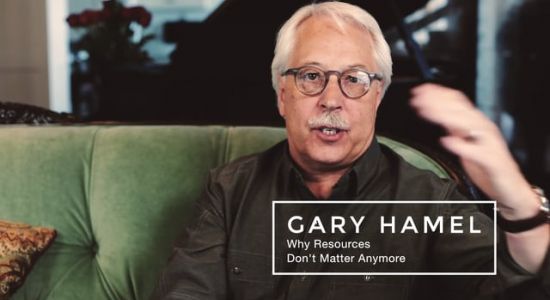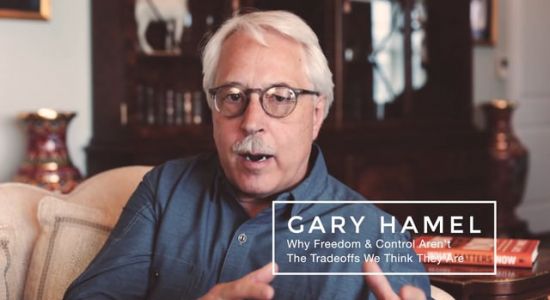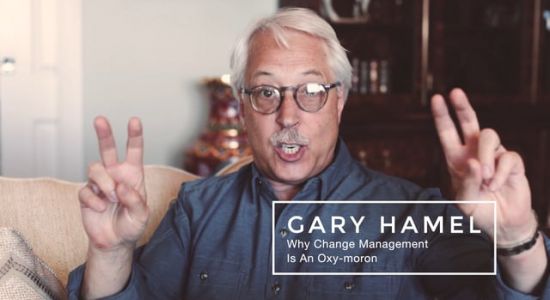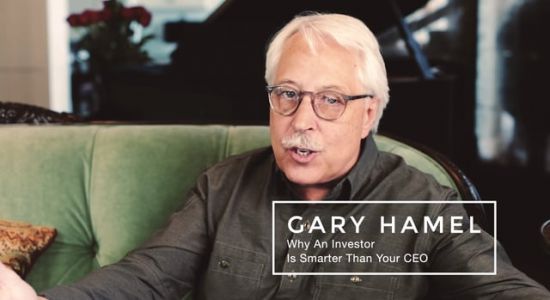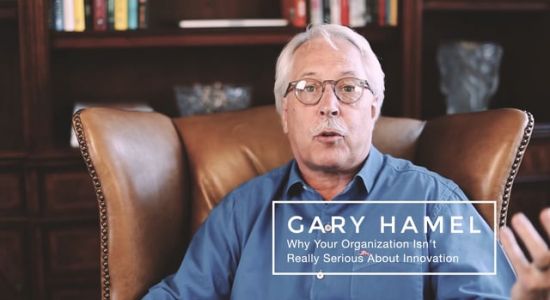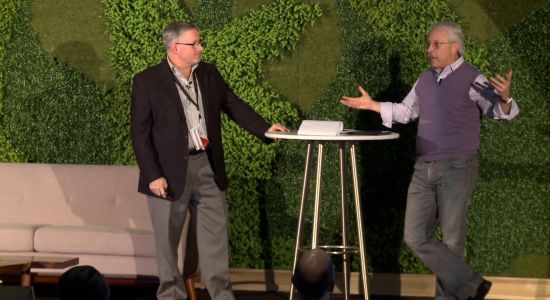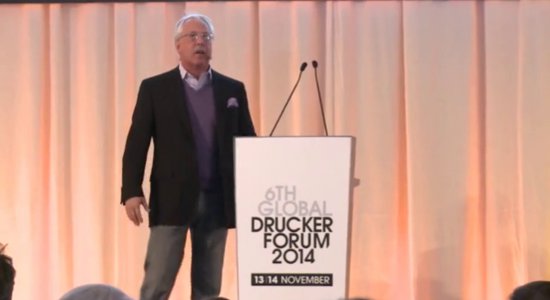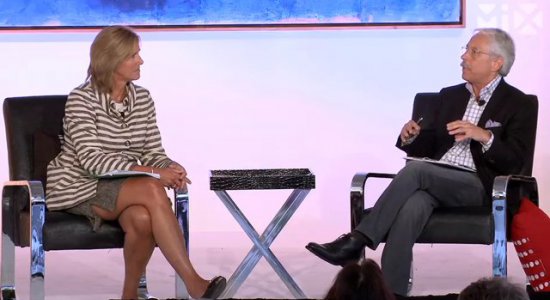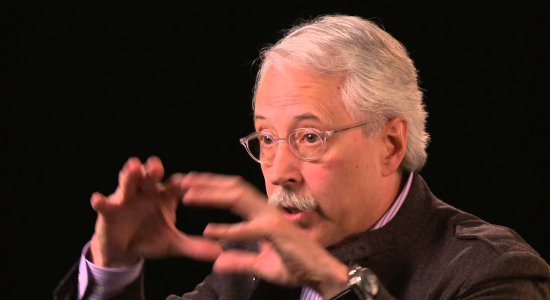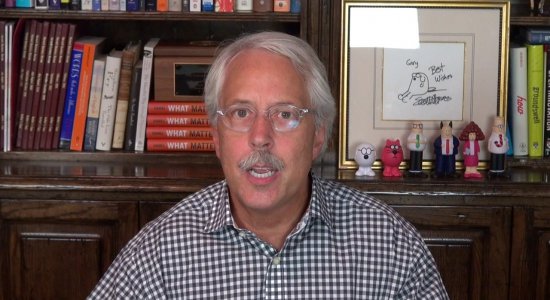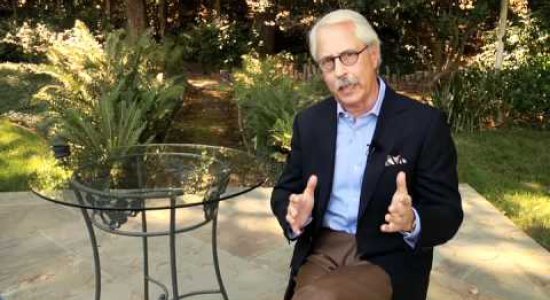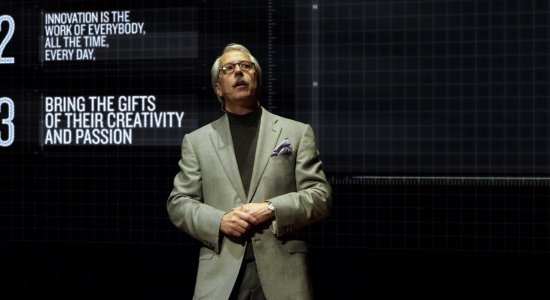Kevin is the President & Chief Executive Officer of GE Appliances, a Haier company, headquartered in Louisville, Kentucky. GE Appliances (GEA) has been in the midst of a remarkable organizational transformation over the last six years, focused on the twin goals of creating "zero distance" to the customer and unleashing employees' entrepreneurial energy. Under Kevin’s leadership, GEA became the fastest-growing appliance company in North America. In this episode of the New Human Movement, we talk to Kevin about the lessons learned from the journey, and the practical steps others can take to create highly dynamic and customer-obsessed organizations
Episode Links
"How the GE Appliances chief turned from ‘process guy’ into an innovator" (Financial Times)
"Appliance Business Cast Off by GE Thrives Under Chinese Ownership" (WSJ)
